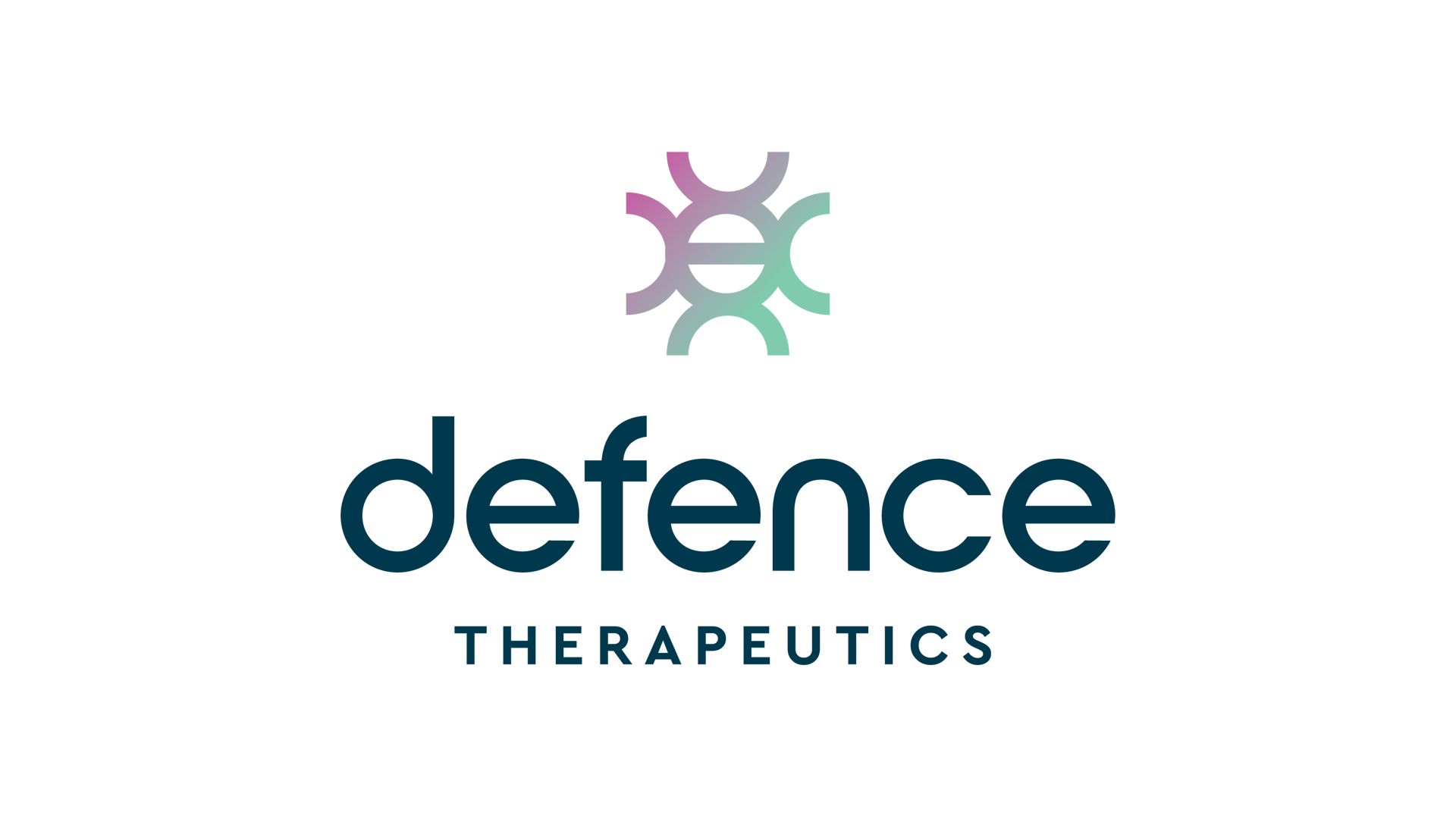
Defence Therapeutics Inc., a prominent Canadian biopharmaceutical company renowned for its work in immune-oncology vaccines and drug delivery technologies, has announced the discovery of a novel function for its leading anticancer injectable drug, AccuTOX®.
This AccuTOX® revelation could have far-reaching implications in the field of cancer therapy and cell-based vaccine engineering.
How does AccuTOX® work?
Defence Therapeutics’ Accum® technology, primarily designed to enhance the accumulation of biomolecules within target cells, has revealed an unexpected and potent capability when used in an unconjugated form.
This discovery led to the development of AccuTOX®, a modified version of the Accum® technology, which has demonstrated the ability to impede the growth of established lymphoma, melanoma, and cervical cancer when administered alongside various immune-checkpoint blockers.
The mode of action for AccuTOX® can be summarised in four key steps: firstly, it disrupts endosomal membranes, followed by the production of reactive oxygen species; this, in turn, induces a genotoxic effect, causing irreversible DNA damage.
Finally, AccuTOX® triggers immunogenic cell death, activating the immune system and potentially leading to anti-tumoral immune responses. In essence, AccuTOX® not only destroys cancer tumour cells from within but also stimulates an immune response to protect against tumour re-growth.
Potential use in cell-based cancer vaccine engineering
In an astonishing development, transcriptomic analysis of tumour cells treated with AccuTOX® has unveiled another therapeutic benefit: antigen cross-presentation.
This process is of immense significance in the context of cancer immunotherapy, as it paves the way for the creation of cell-based anticancer vaccines that can prime CD8 T cells, potentially leading to the destruction of cancer.
Defence Therapeutics has recently concluded an in vitro study demonstrating that even low concentrations of AccuTOX® can reprogram mesenchymal stromal cells to behave like antigen-presenting cells, similar to the company’s lead ARM vaccine.
Once validated, this breakthrough could enable Defence Therapeutics to advance to an optimised second generation of its ARM vaccine.
Sébastien Plouffe, CEO of Defence Therapeutics, commented: “This recent observation is indeed exciting and groundbreaking as it demonstrates how a single agent, AccuTOX®, can be used as an anticancer injectable at a specific concentration on a target and as an agent suitable to engineer a cell-based vaccine when used at lower concentration on additional indications.”
Ongoing studies are currently exploring the full potential of AccuTOX® in cross-presentation, opening doors to a range of novel therapeutic products for various cancer indications.
The versatility and adaptability of AccuTOX® could mark a significant step forward in cancer treatment, offering new hope for patients worldwide.



















